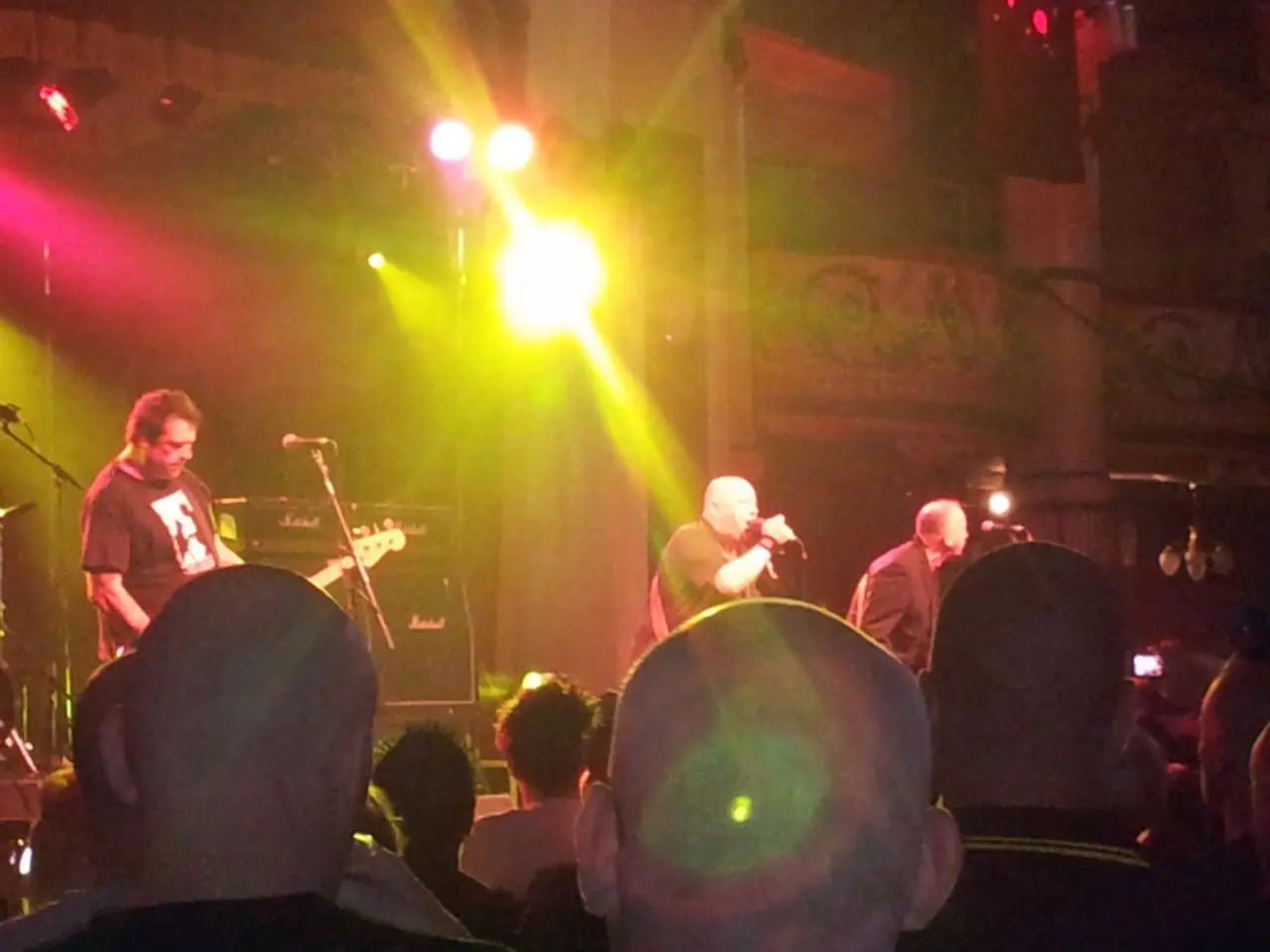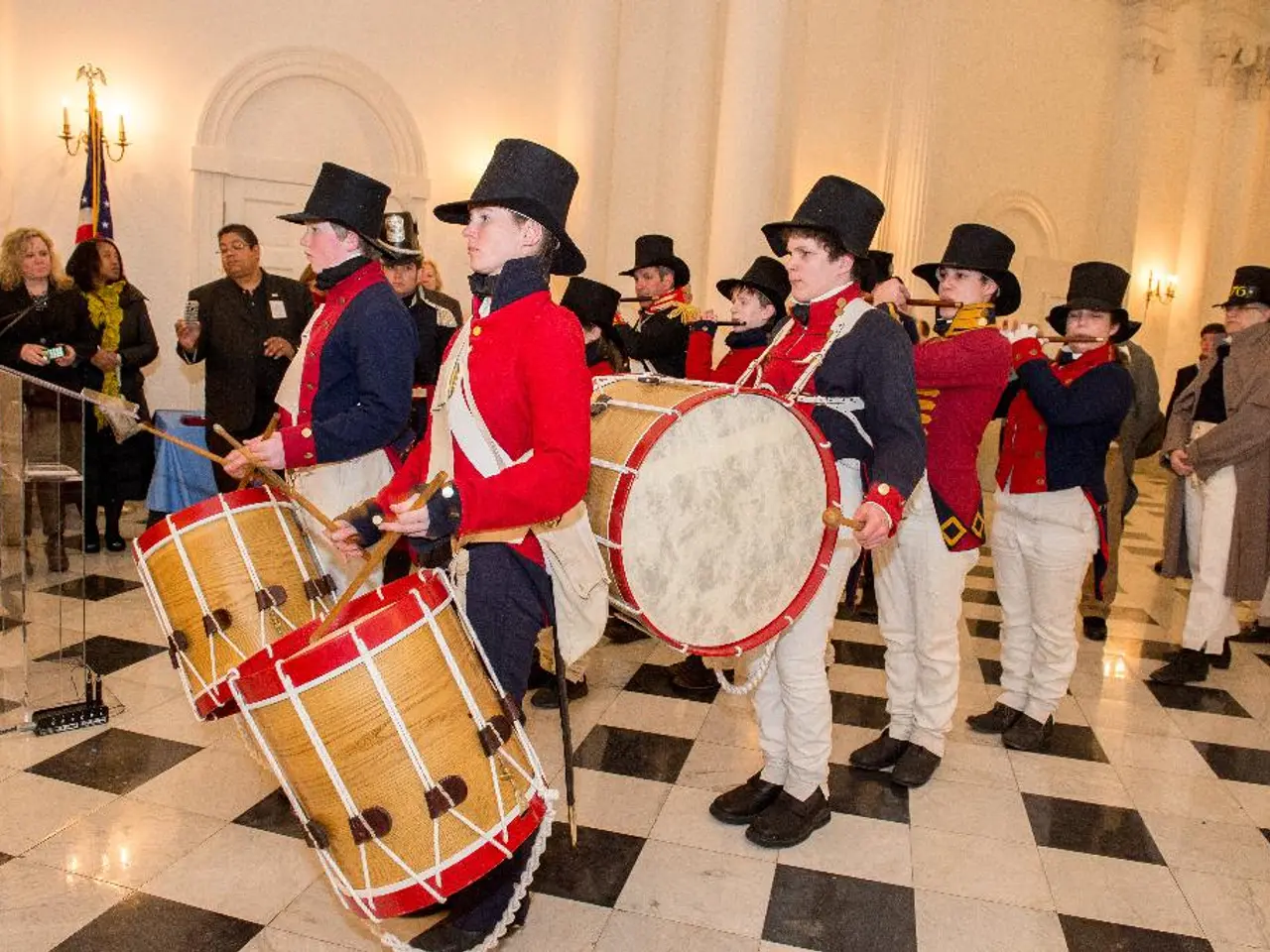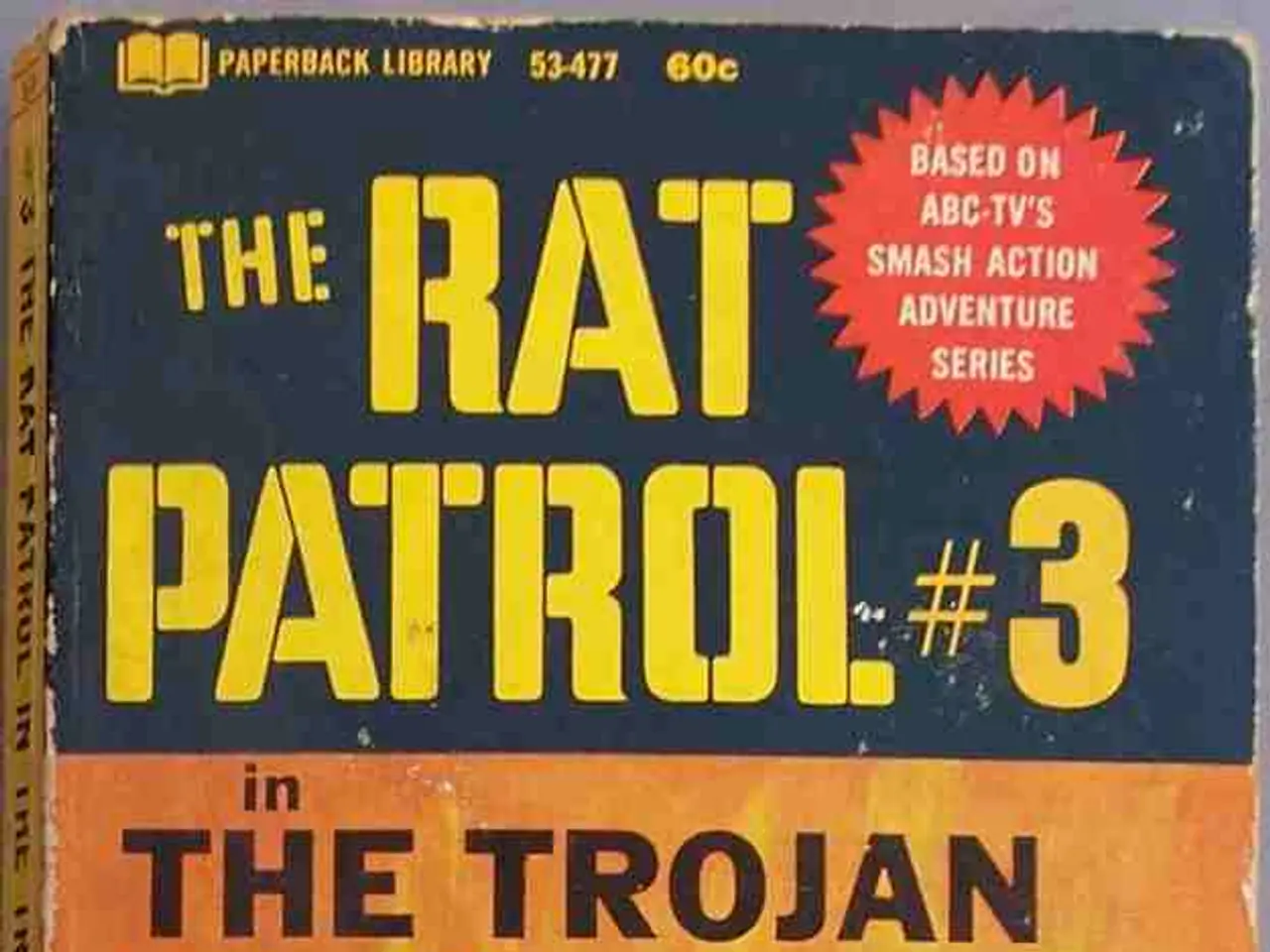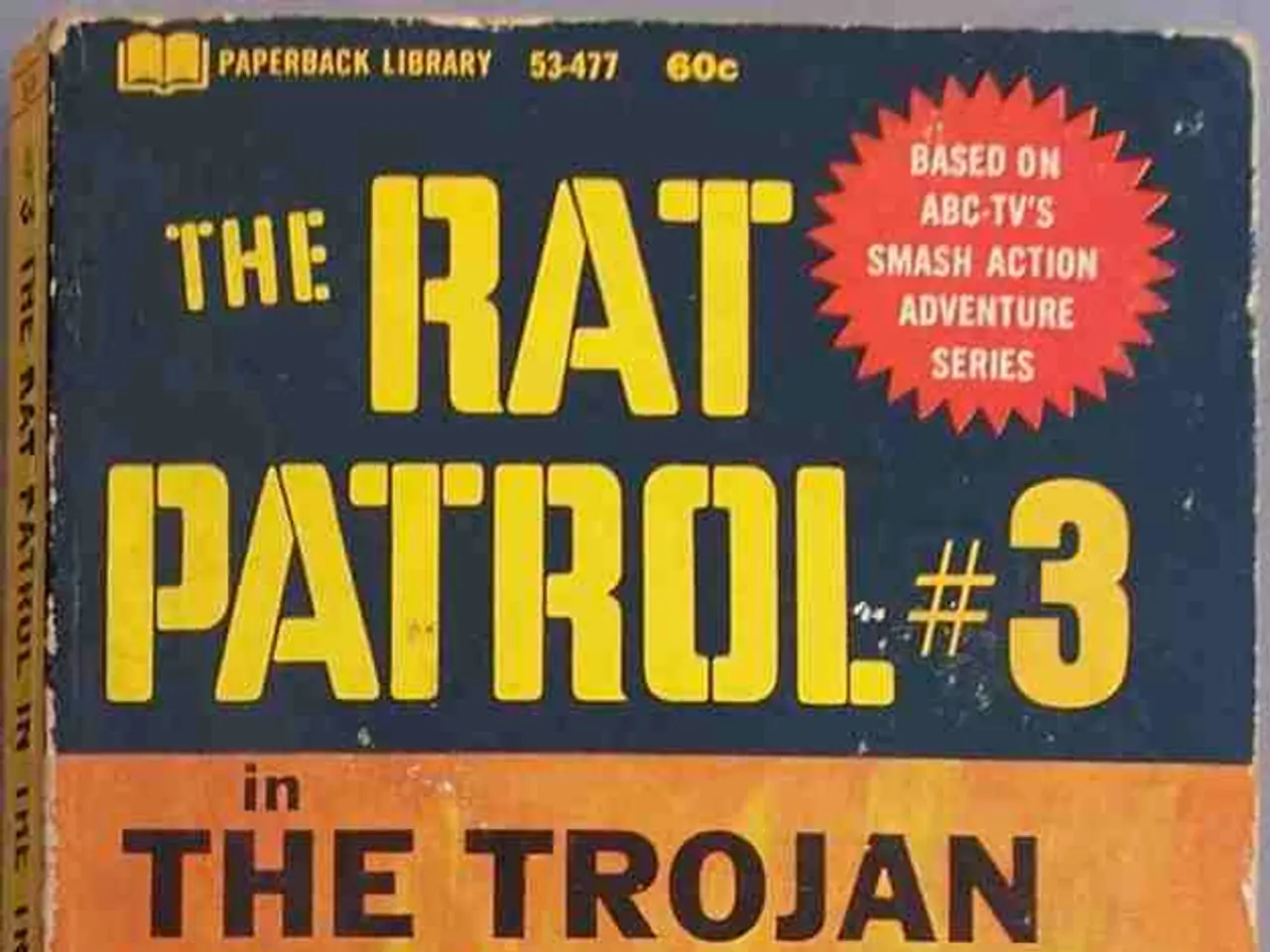"2000s tunes reignite": Resurgence of music from the 2000s
In the early 21st century, the music industry underwent a significant transformation, with the 2000s decade serving as a period of immense diversity and innovation. The defining characteristics of this era's music can be attributed to the commercial dominance of urban music genres like contemporary R&B and hip hop, a strong pop music presence, and the waning mainstream presence of rock.
The 2000s began in Germany with casting shows like "Deutschland sucht den Superstar" and "Popstars," setting the stage for a decade of eclectic music. Electronic dance music (EDM) produced superstars like David Guetta, while punk rock and indie-rock became popular with bands like Green Day, The Killers, and Avril Lavigne. R&B and hip-hop experienced a boom during the 2000s with stars like Usher, Eminem, Alicia Keys, and Beyoncé.
Contemporary R&B in the 2000s was characterised by smooth, lush vocal arrangements combined with electronic and hip hop influences. Artists like Alicia Keys, Beyoncé, and Usher achieved massive commercial success and multiple Grammy wins. Pop music maintained a strong presence, propelled by artists such as Christina Aguilera, Destiny's Child, Gwen Stefani, Lady Gaga, and Mariah Carey. The decade also saw country artists like Taylor Swift and Carrie Underwood cross into mainstream pop.
Hip hop overtook rock as a leading genre in popularity, largely influencing R&B and pop music styles. Social platforms, particularly TikTok and Instagram, are contributing to the resurgence of 2000s music, with Millennials experiencing nostalgia through shared clips of 2000s songs. Young musician Noah Kraus is blending 2000s German pop-rock bands like Juli and Silbermond with current feel-good rap in the style of Ski Aggu, staying true to the musical spirit of the 2000s.
Rock music, while declining in mainstream popularity by decade’s end, saw niche success in subgenres like pop-punk and alternative rock, with bands such as Green Day, Blink-182, and Sum 41 finding success. Linkin Park, Limp Bizkit, and Papa Roach mixed rock, metal, and hip-hop into nu-metal during the 2000s. The cinematic romance "Where the Lie Falls" featured the 2004 hit "Unwritten" by Natasha Bedingfield, causing it to re-enter the Top 10 charts. Linkin Park's stage comeback led to an increase in streams of their older hits like "In The End" (2000) and "Numb" (2003).
The shift of music to the internet during the 2000s led to a diversity of music, enabling emerging artists to gain global visibility outside traditional channels. The disappearance of music television's filtering function could have contributed to this diversity. Many web radio channels are now playing 2000s music, and several stars from the 2000s era, such as No Angels, Justin Timberlake, the Sugababes, Usher, and Monrose, are still or have returned to performing.
The 2000s were a transitional cultural moment, viewed as less celebrated than the eclectic and rich 1990s but still notable for its diverse musical landscape and experimentation. Gen Z is learning music history at an accelerated pace through TikTok, with Britney Spears, Christina Aguilera, and Lady Gaga being big pop divas of the 2000s. This eclecticism was driven by genre cross-pollination, advances in digital music platforms, and a shifting industry landscape where multiple genres thrived simultaneously rather than a single dominant style.
References:
[1] "2000s Music: A Decade of Change." (2021). Retrieved from https://www.britannica.com/topic/2000s-music
[2] "The 2000s: A Decade of Music." (2021). Retrieved from https://www.history.com/topics/pop-culture/2000s-music
[3] "Rock Music in the 2000s." (2021). Retrieved from https://www.britannica.com/topic/rock-music/Rock-music-in-the-2000s
[4] "The 2000s: A Decade of Music." (2021). Retrieved from https://www.history.com/topics/pop-culture/2000s-music
Entertainment in the 2000s embraced a variety of music genres, particularly pop-culture icons like Beyoncé and Alicia Keys who dominated contemporary R&B with their successful fusion of electronic and hip hop beats. Pop music continued to thrive, with stars such as Britney Spears, Christina Aguilera, and Lady Gaga dominating the industry. Furthermore, pop-culture of the 2000s extended to music television and web radio stations that offered global visibility to emerging artists, enabling them to break through traditional channels.








